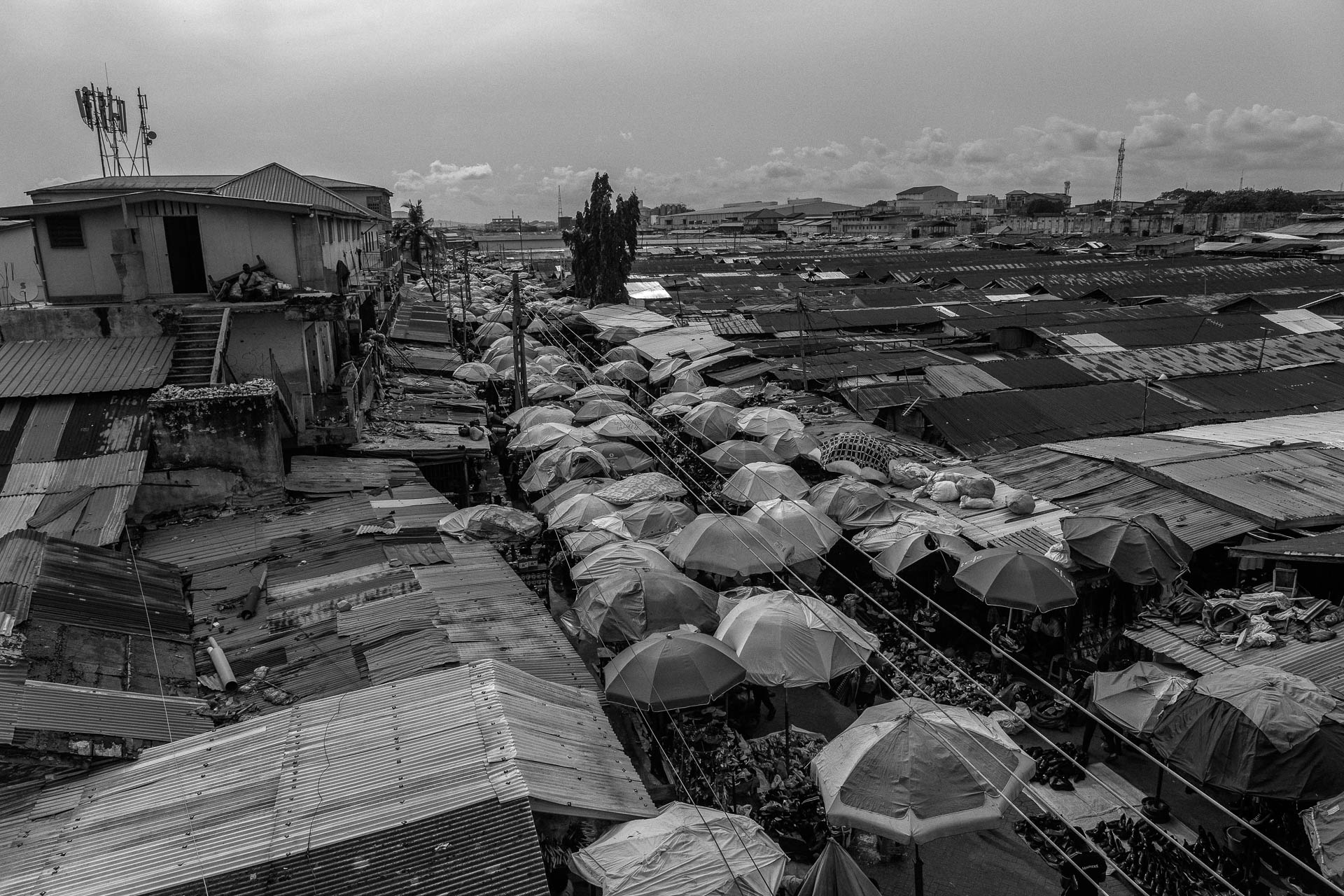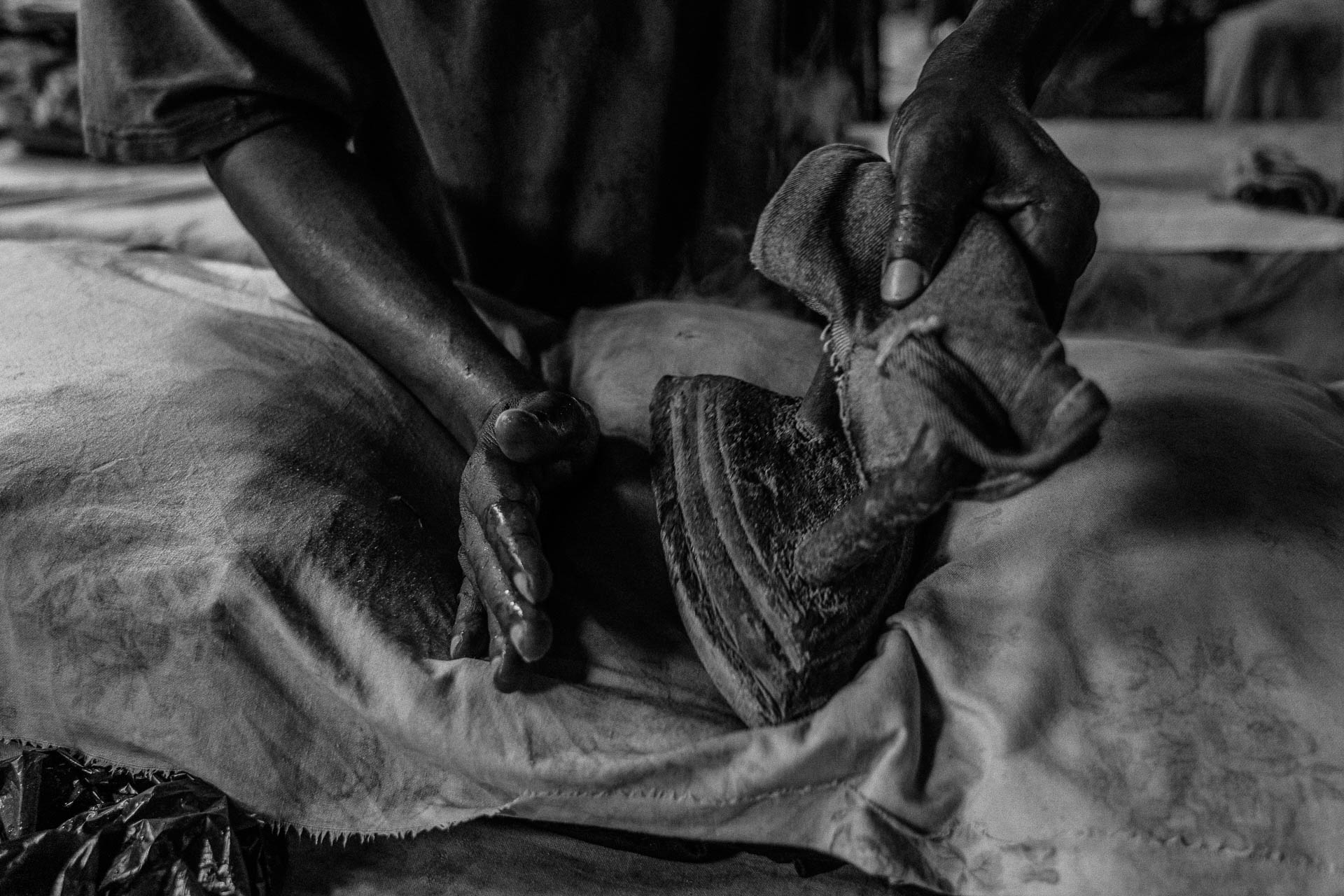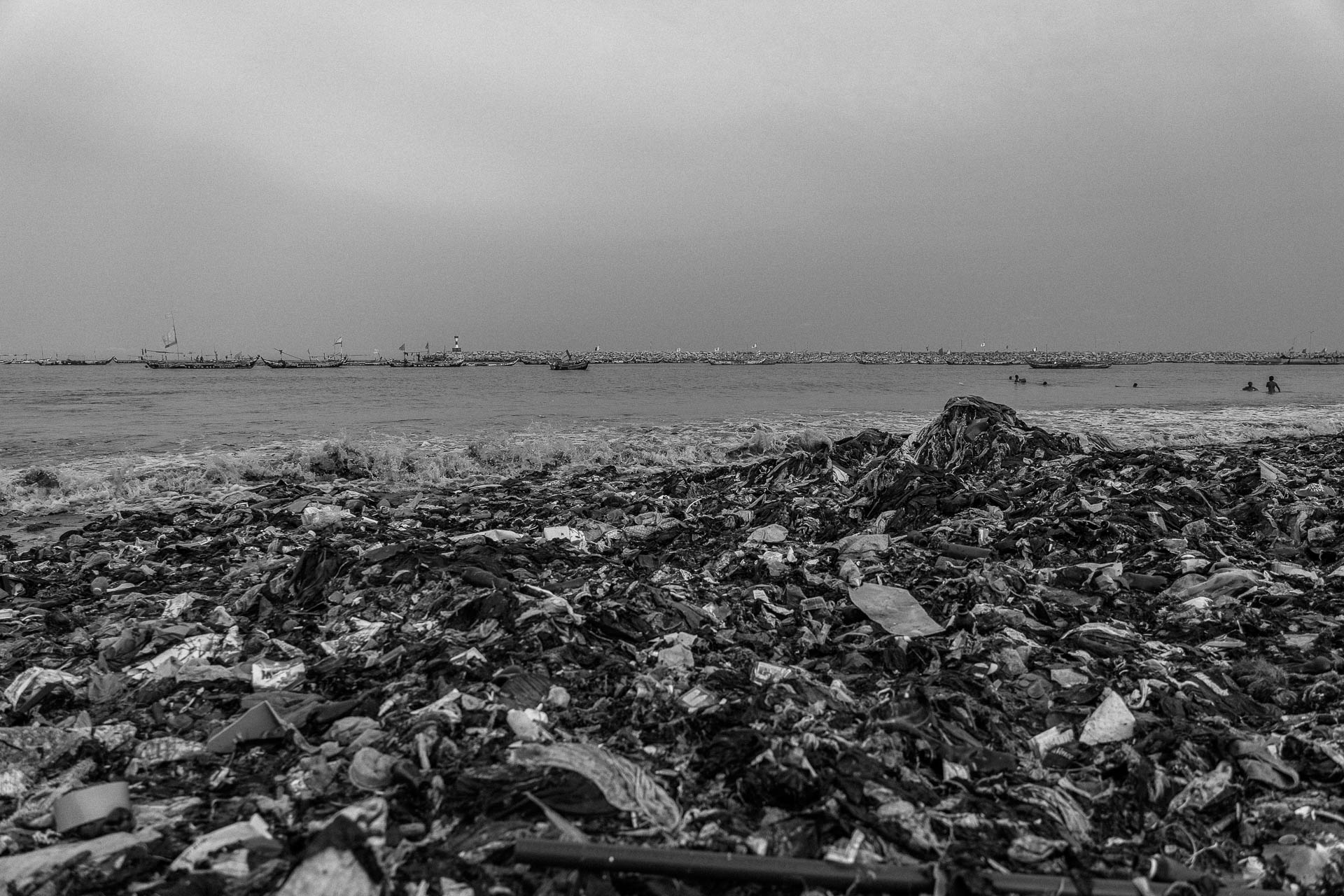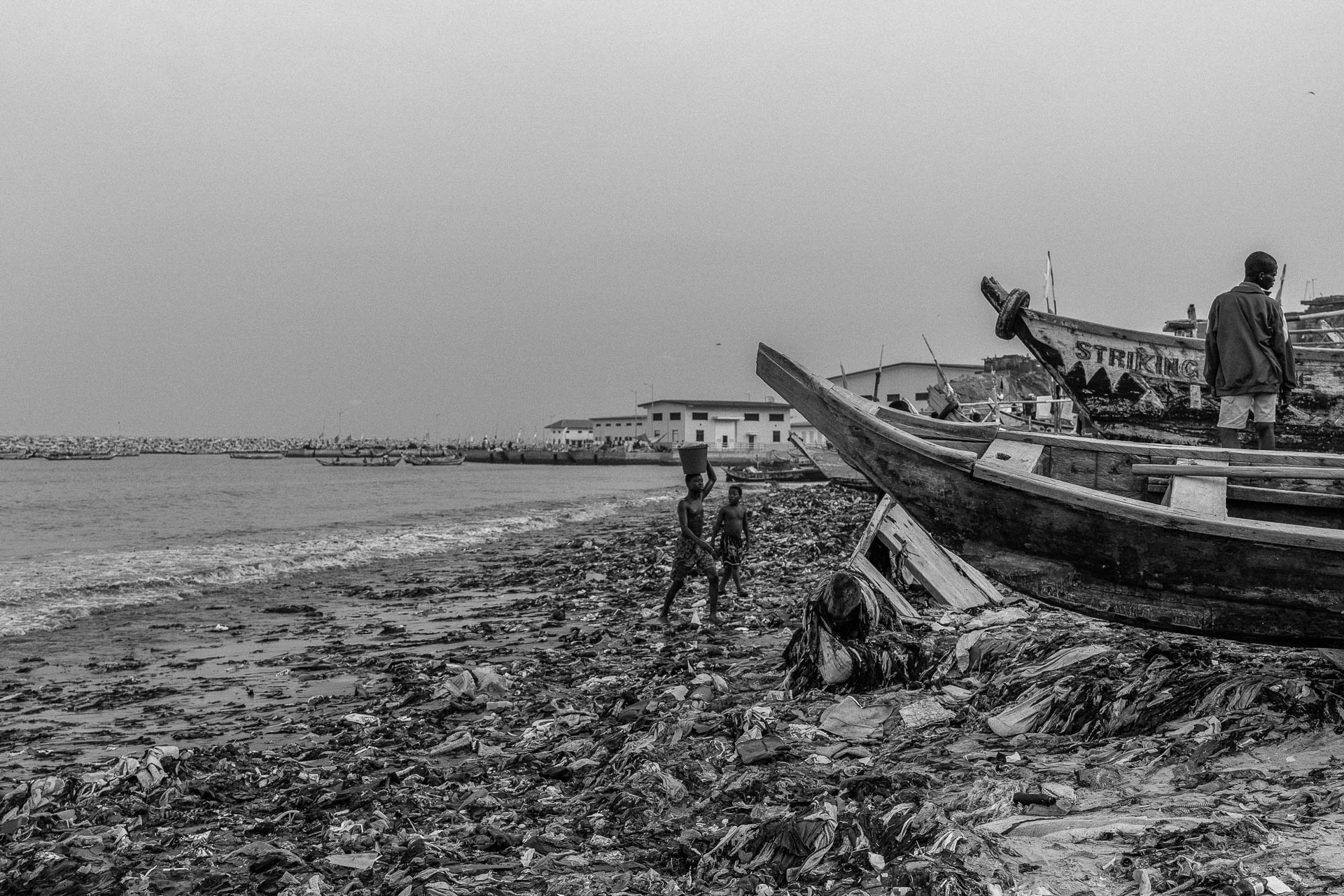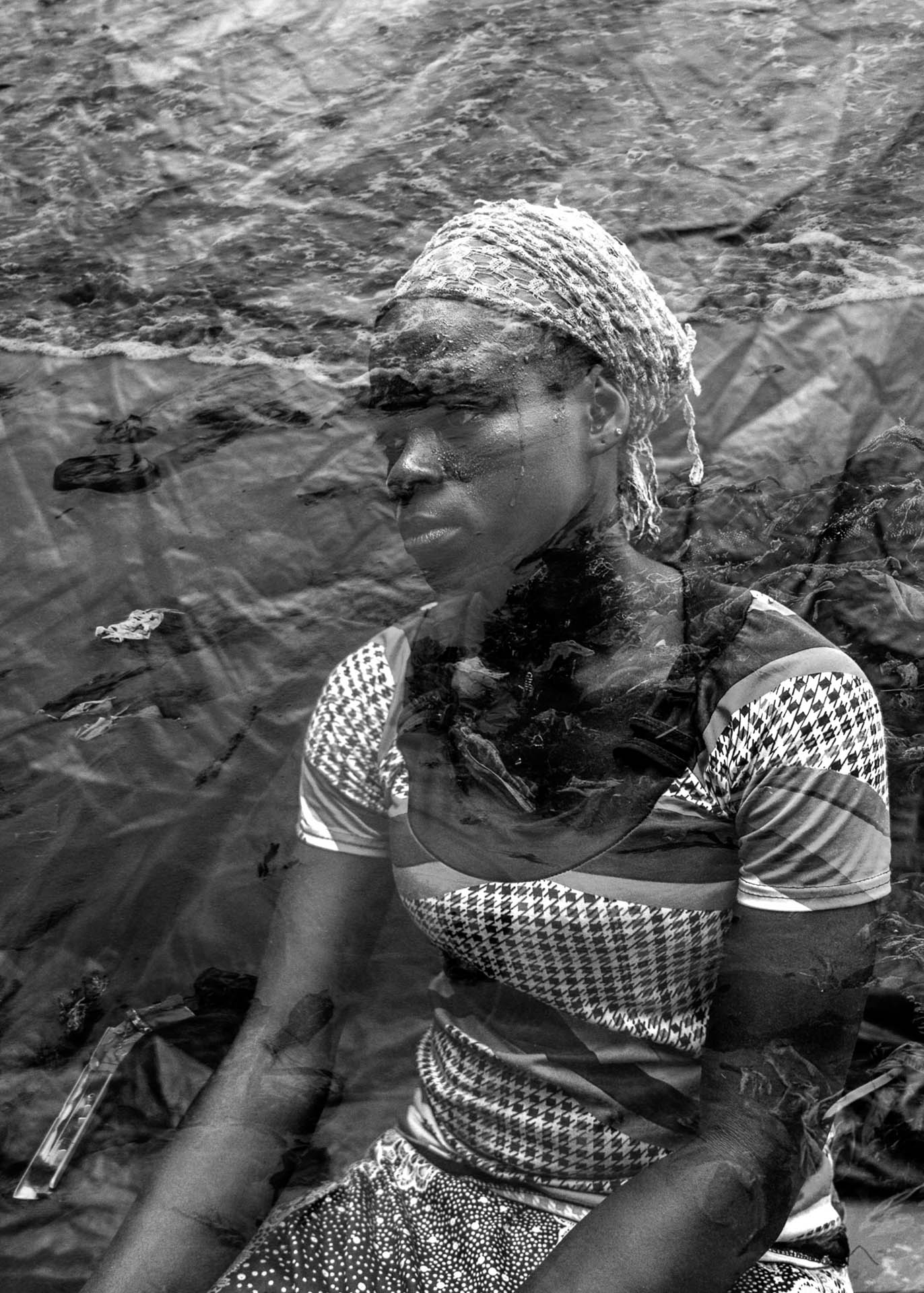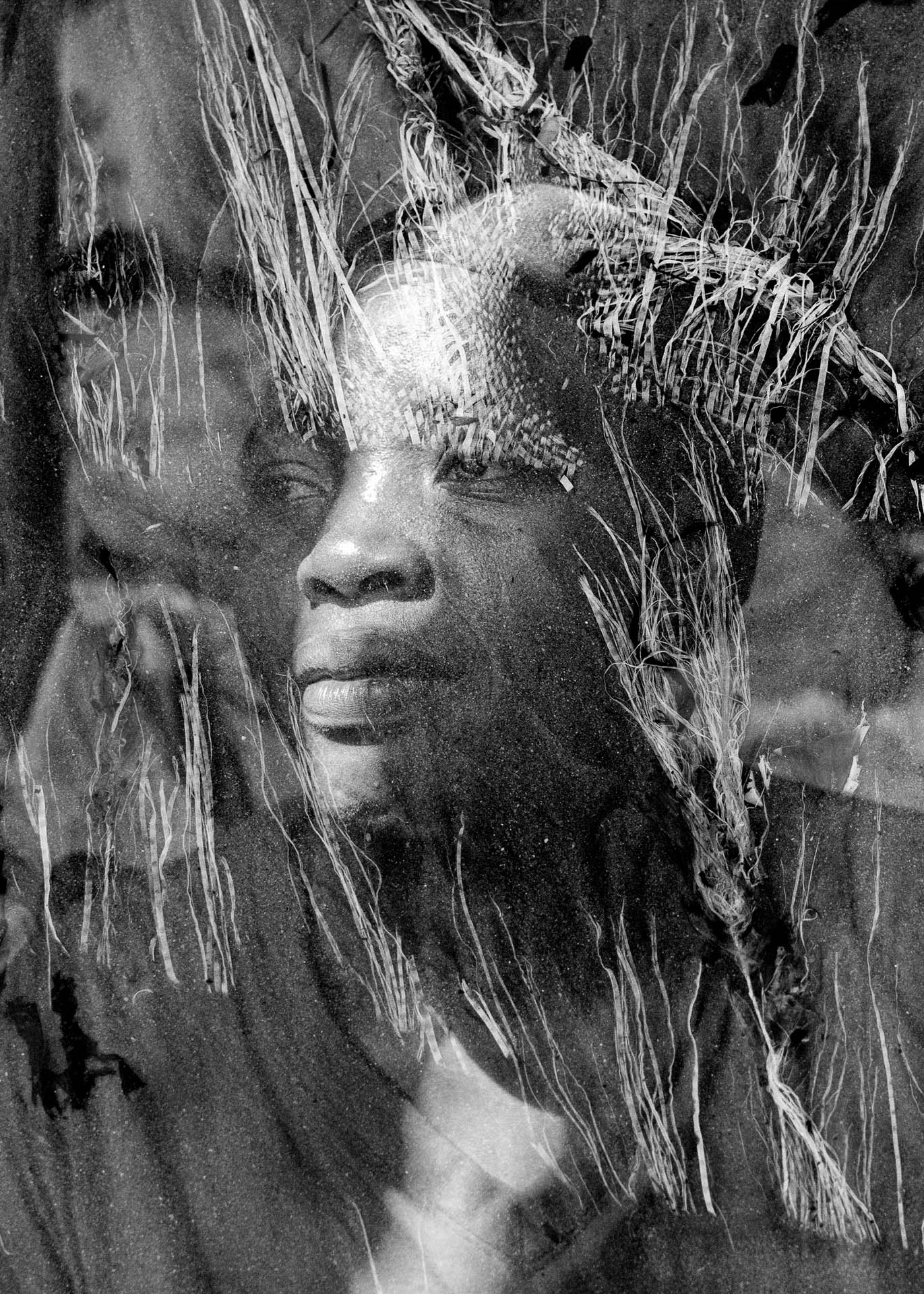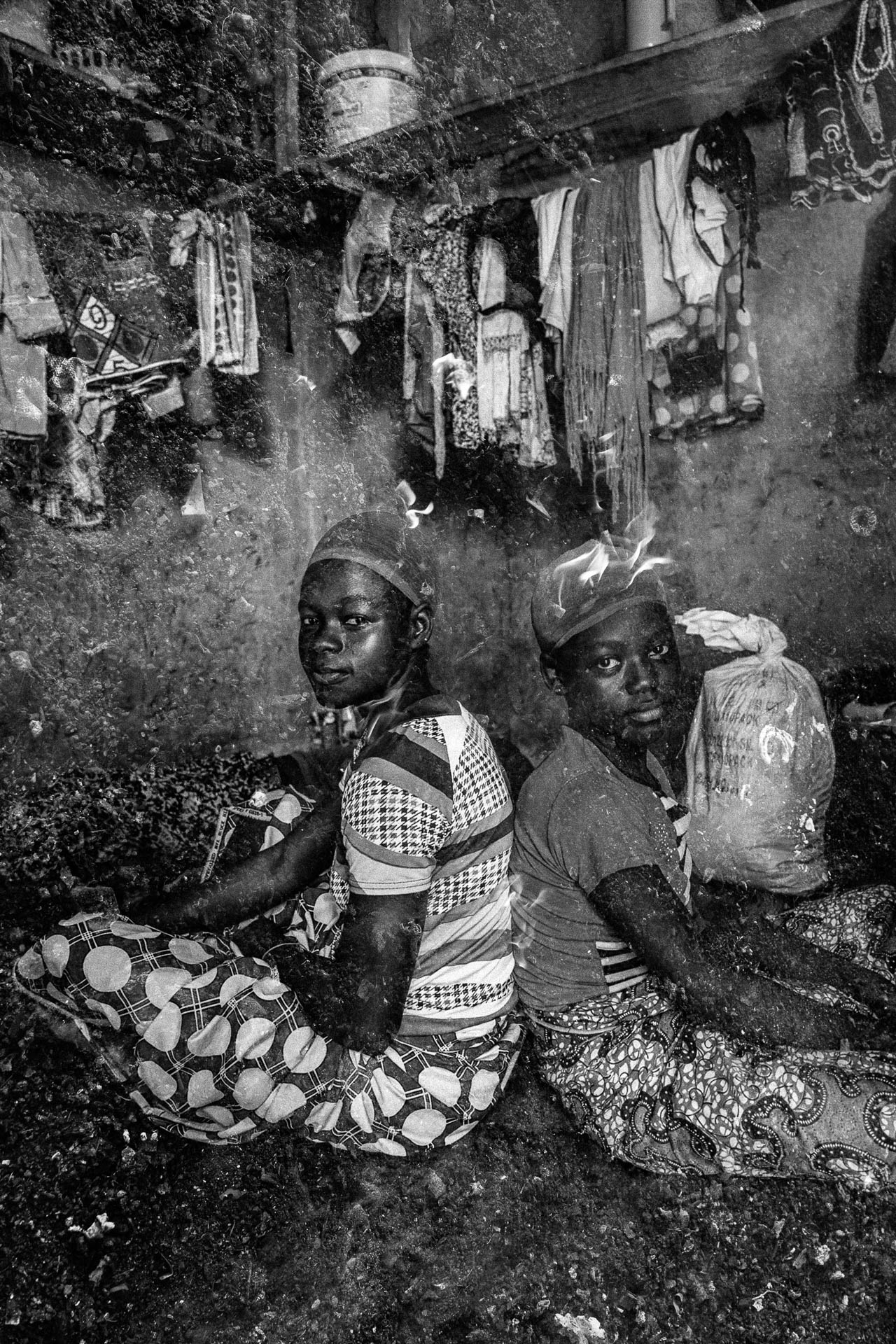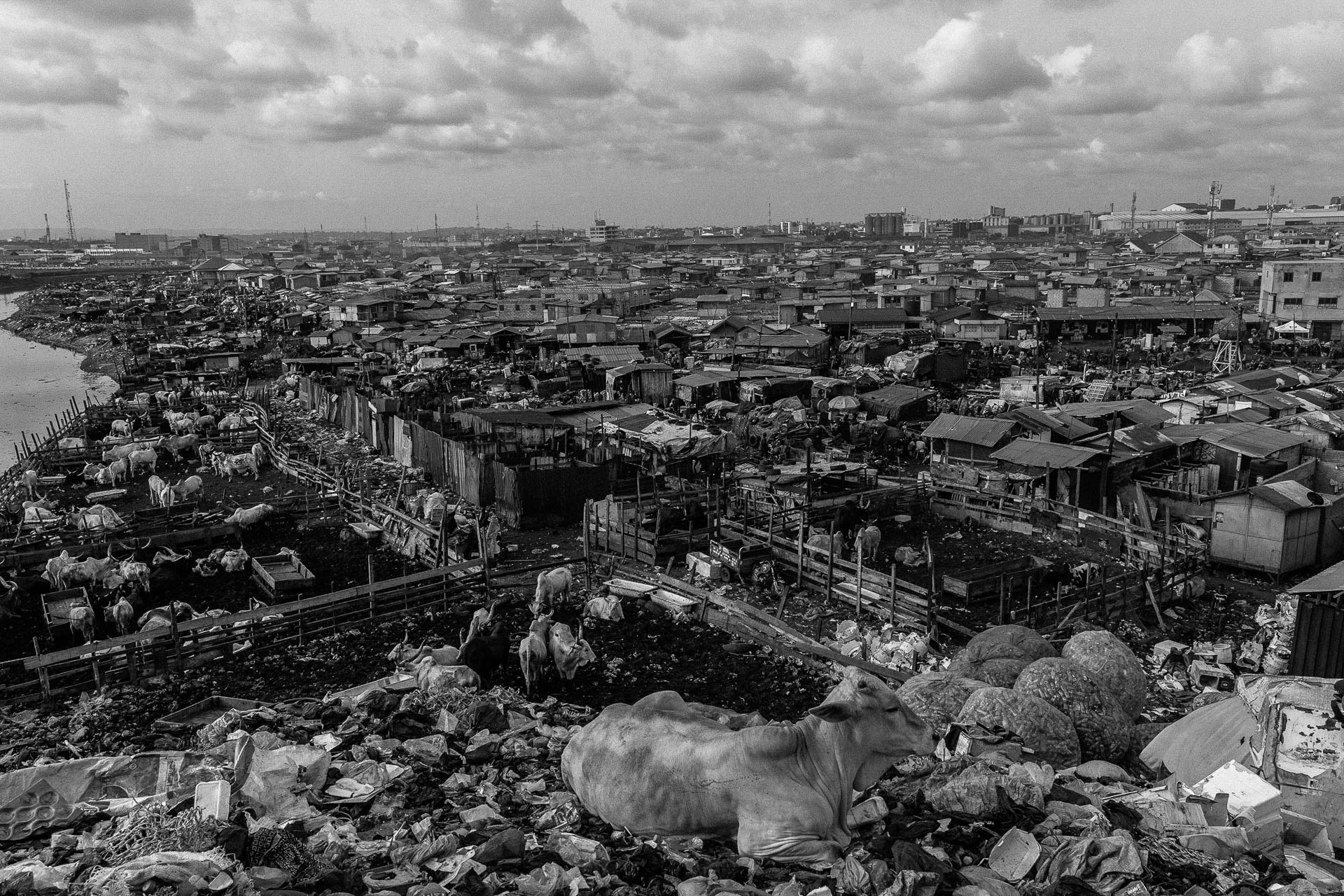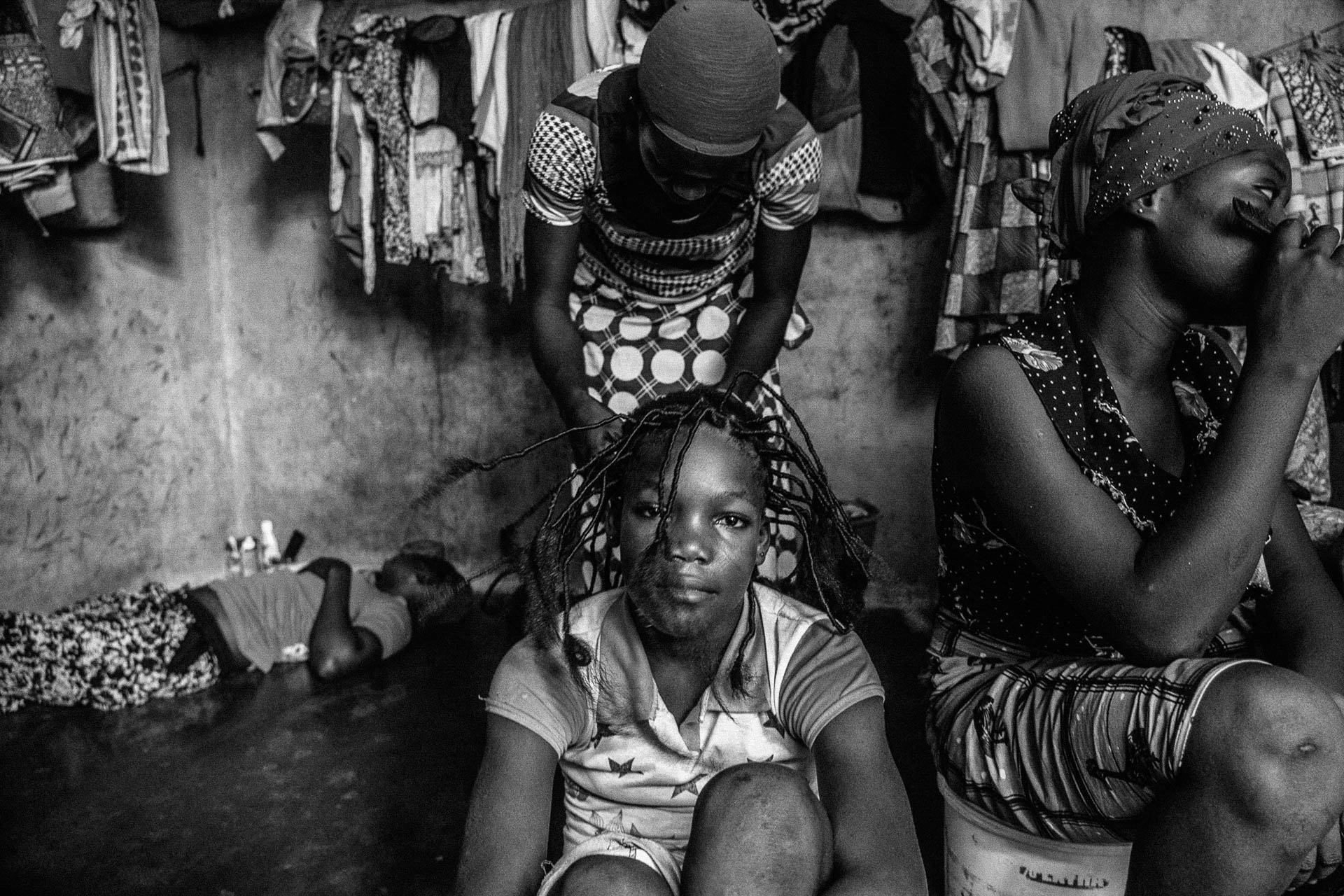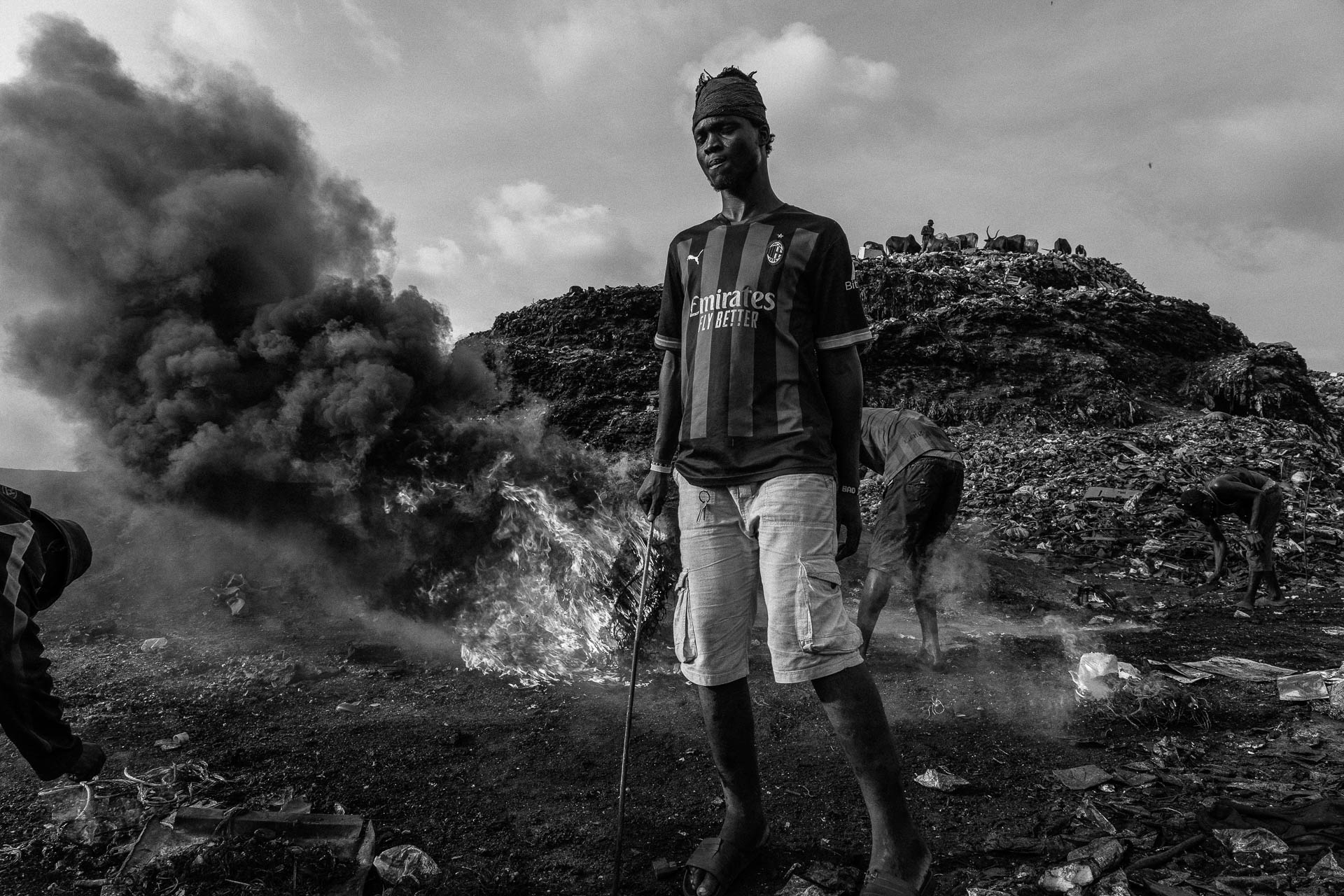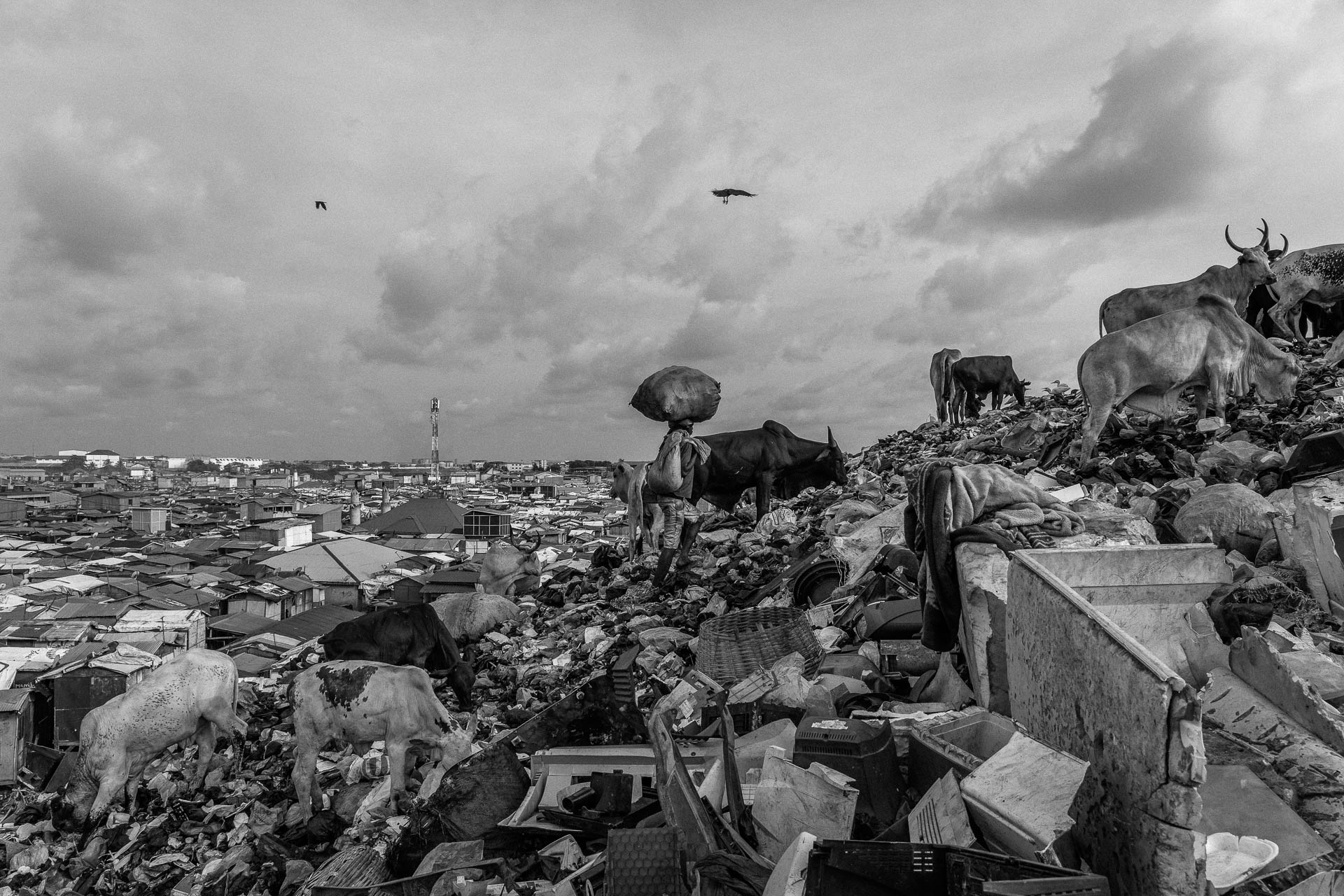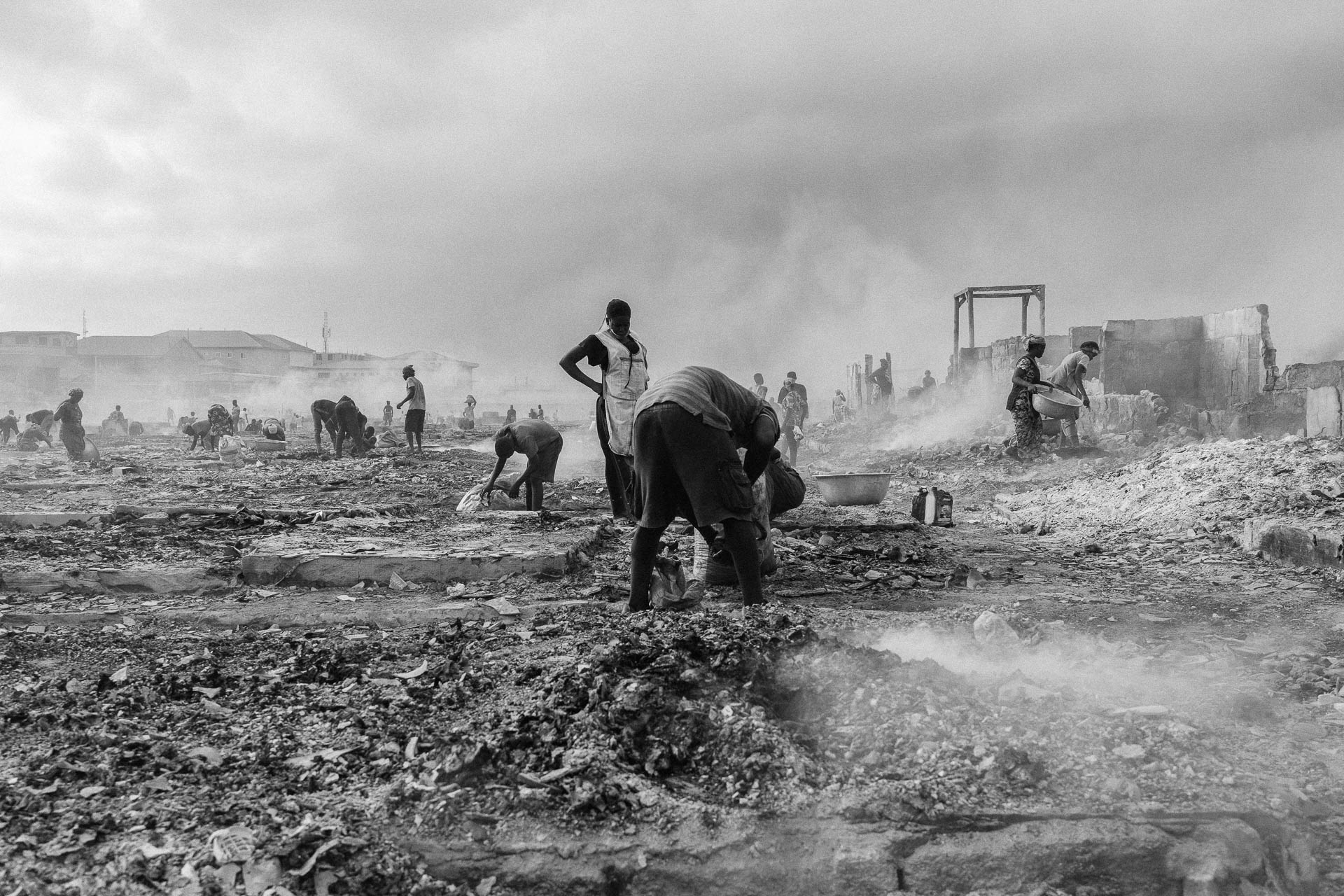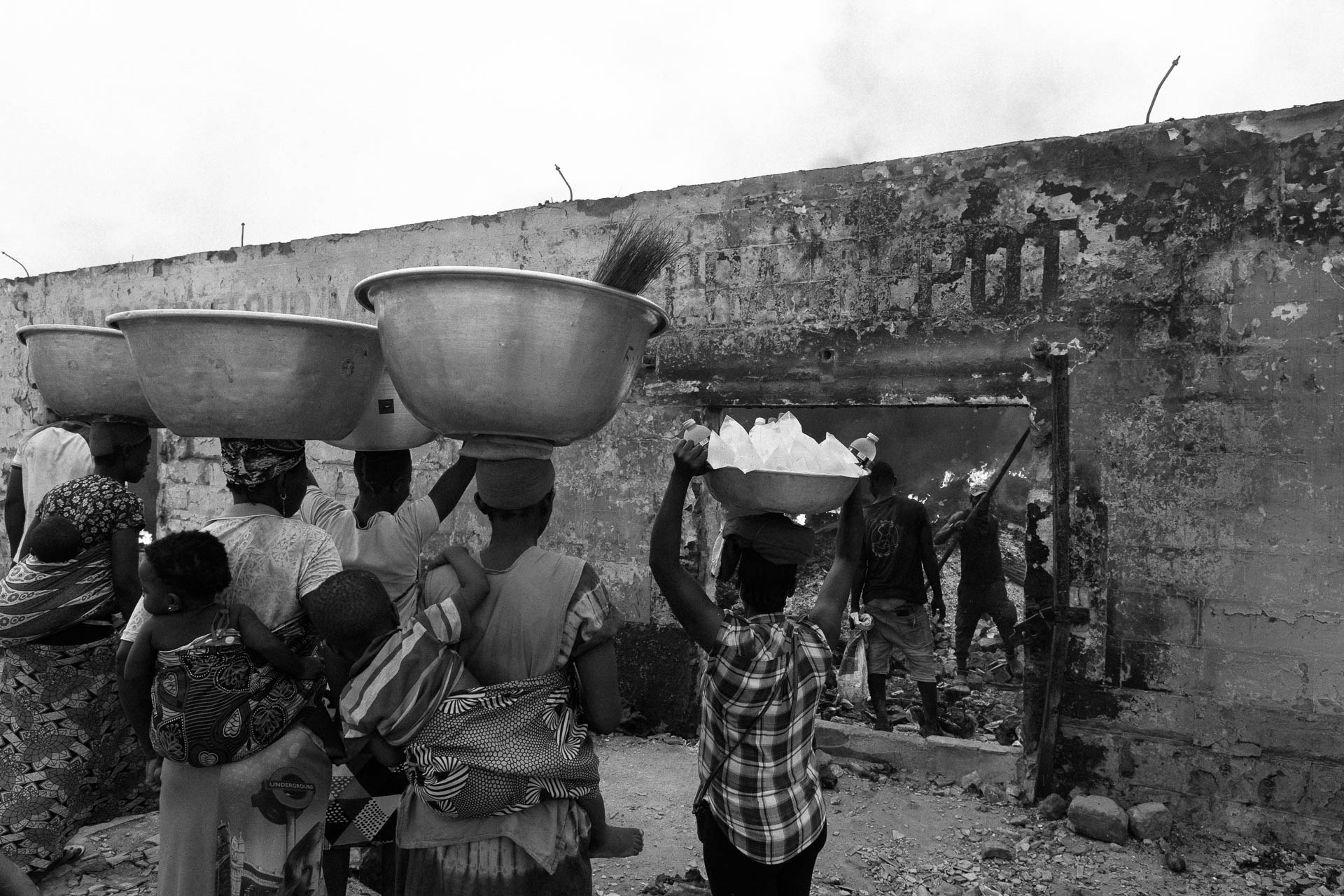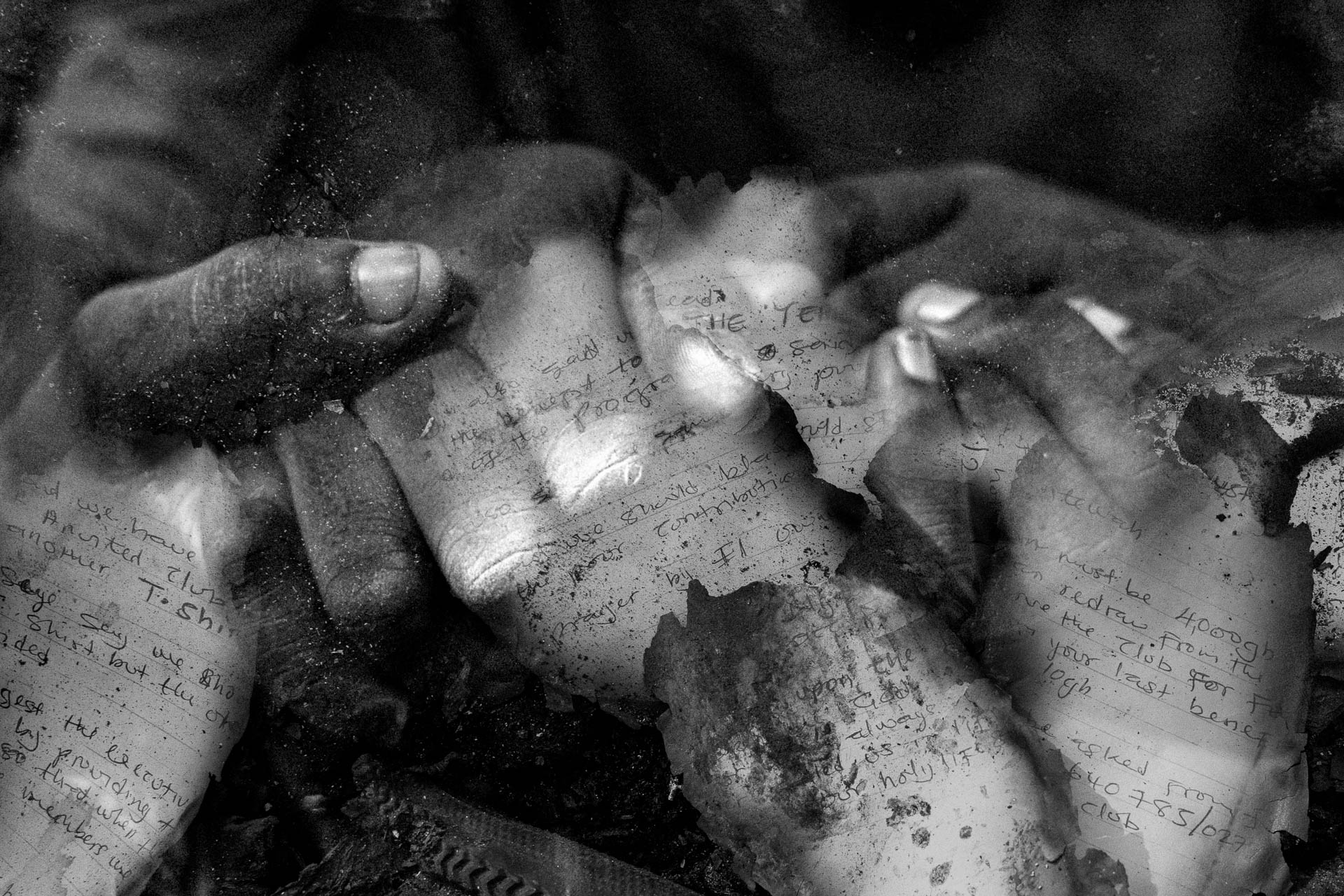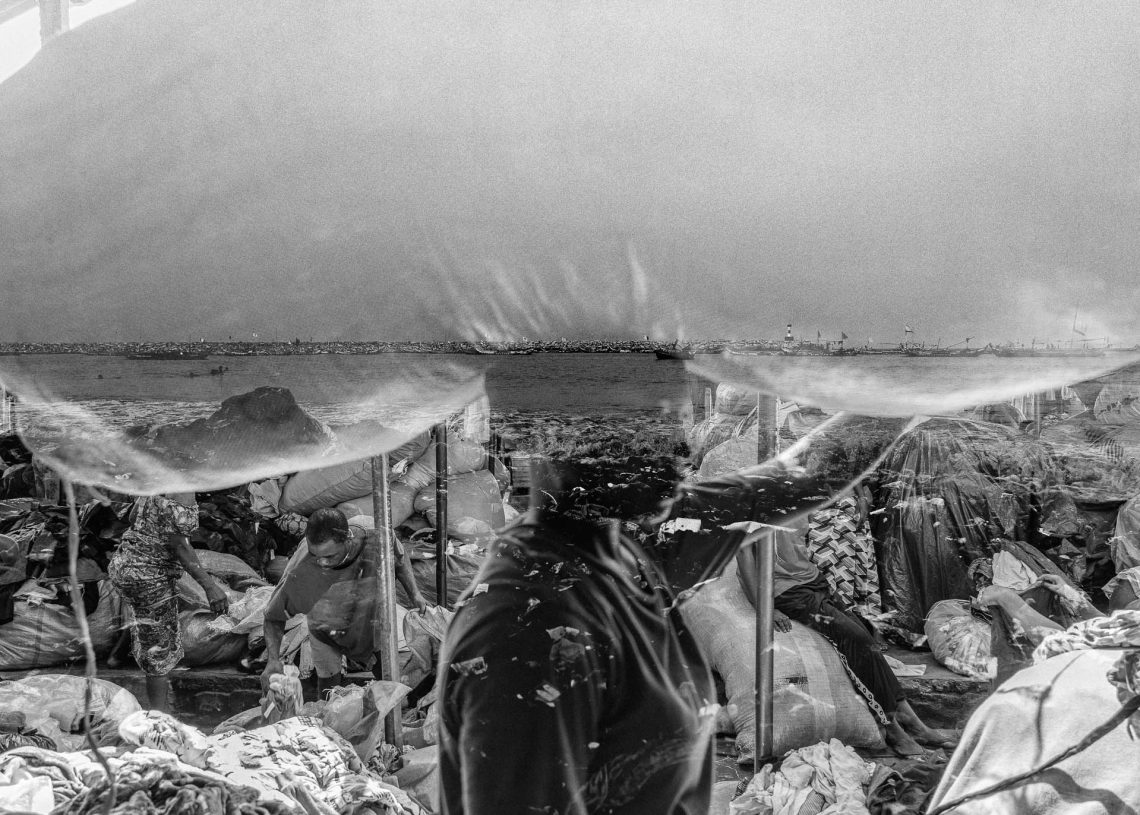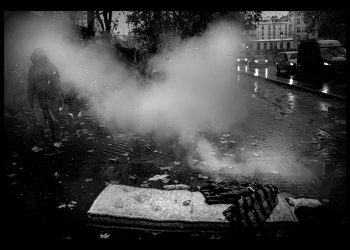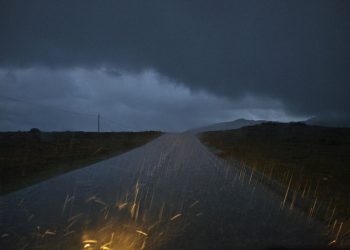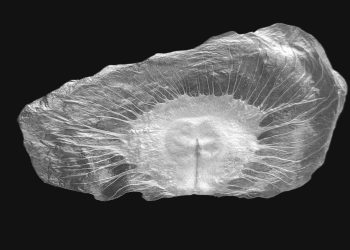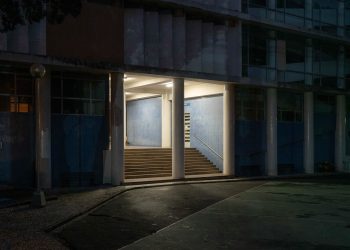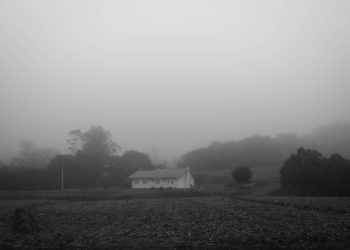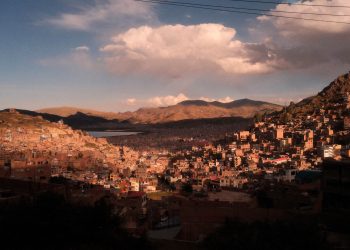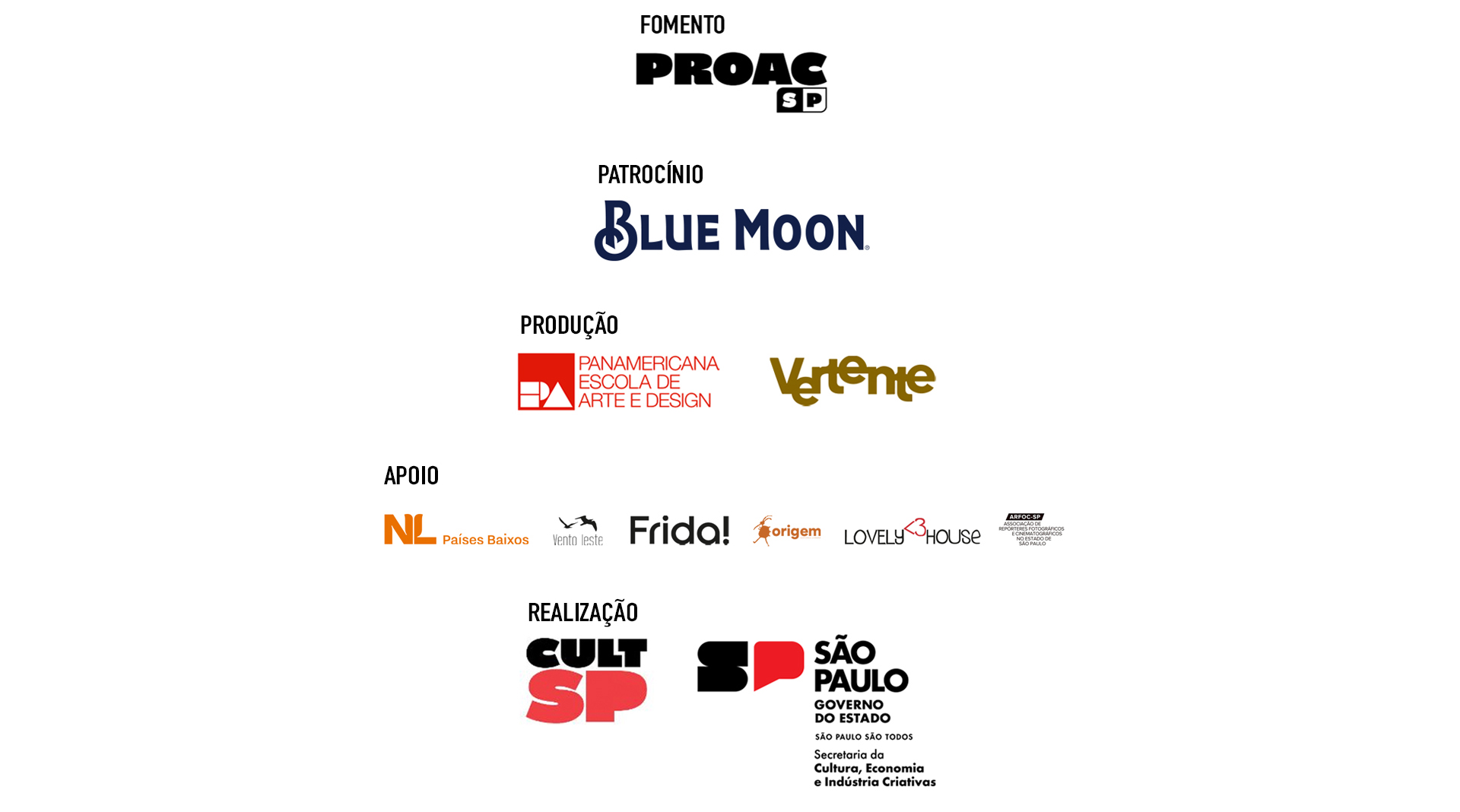Destinos Entrelaçados é um projeto documental multimídia em andamento que explora o impacto devastador da poluição por resíduos têxteis em Gana. Através das histórias das mulheres kayayei — carregadoras de carga que suportam o fardo físico e econômico — o projeto revela a intersecção entre injustiça ambiental, legados coloniais e desigualdade de gênero, destacando simultaneamente sua resiliência e luta por dignidade em meio à adversidade.
Impulsionado pelo consumo excessivo do fast fashion no Global Norte, Gana tornou-se um grande importador de roupas de segunda mão, conhecidas localmente como obroni wawu (roupas do homem branco morto). Esse fluxo é um legado direto do colonialismo da moda — onde a superprodução ocidental e o desperdício do consumidor são descarregados no Global Sul sob o disfarce de caridade e comércio. Embora o mercado de Kantamanto sustente milhares de comerciantes, transportadores e costureiras, o custo ambiental é imenso: roupas de baixa qualidade rapidamente se tornam resíduos, saturando aterros e poluindo ecossistemas costeiros.
No centro desta crise estão as kayayei — jovens mulheres que migram para Acra devido às mudanças climáticas, dificuldades econômicas e falta de oportunidades no norte de Gana. Ganham salários insignificantes carregando fardos de roupas usadas, às vezes com mais de 55 kg, resultando em lesões vertebrais permanentes. Sua luta corporiza questões mais amplas de desigualdade de gênero, pobreza e precariedade urbana.
As kayayei vivem em Agbogbloshie, o maior assentamento informal de Acra e um dos maiores depósitos de lixo eletrônico do mundo, onde resíduos têxteis e plásticos agravam a poluição. A queima desse lixo libera químicos tóxicos que contaminam ar, solo e água, causando graves problemas de saúde como doenças respiratórias, câncer e distúrbios neurológicos.
No início de 2025, um incêndio devastador destruiu grande parte do mercado de Kantamanto, deixando mais de 10 mil negócios em ruínas e incontáveis meios de subsistência em risco. Para as kayayei, essa tragédia significou a perda de sua capacidade de sustentar a si mesmas e suas famílias, aprofundando um futuro já incerto.
Através de retratos em camadas das mulheres kayayei, paisagens poluídas das praias de Acra e os restos carbonizados de Kantamanto, Destinos Entrelaçados expõe a intersecção entre fast fashion, legados colonais e injustiça ambiental, revelando como os padrões de consumo ocidentais continuam a explorar e sobrecarregar a natureza e os povos do Sul Global.
Traduzido com a IA Deepseek
